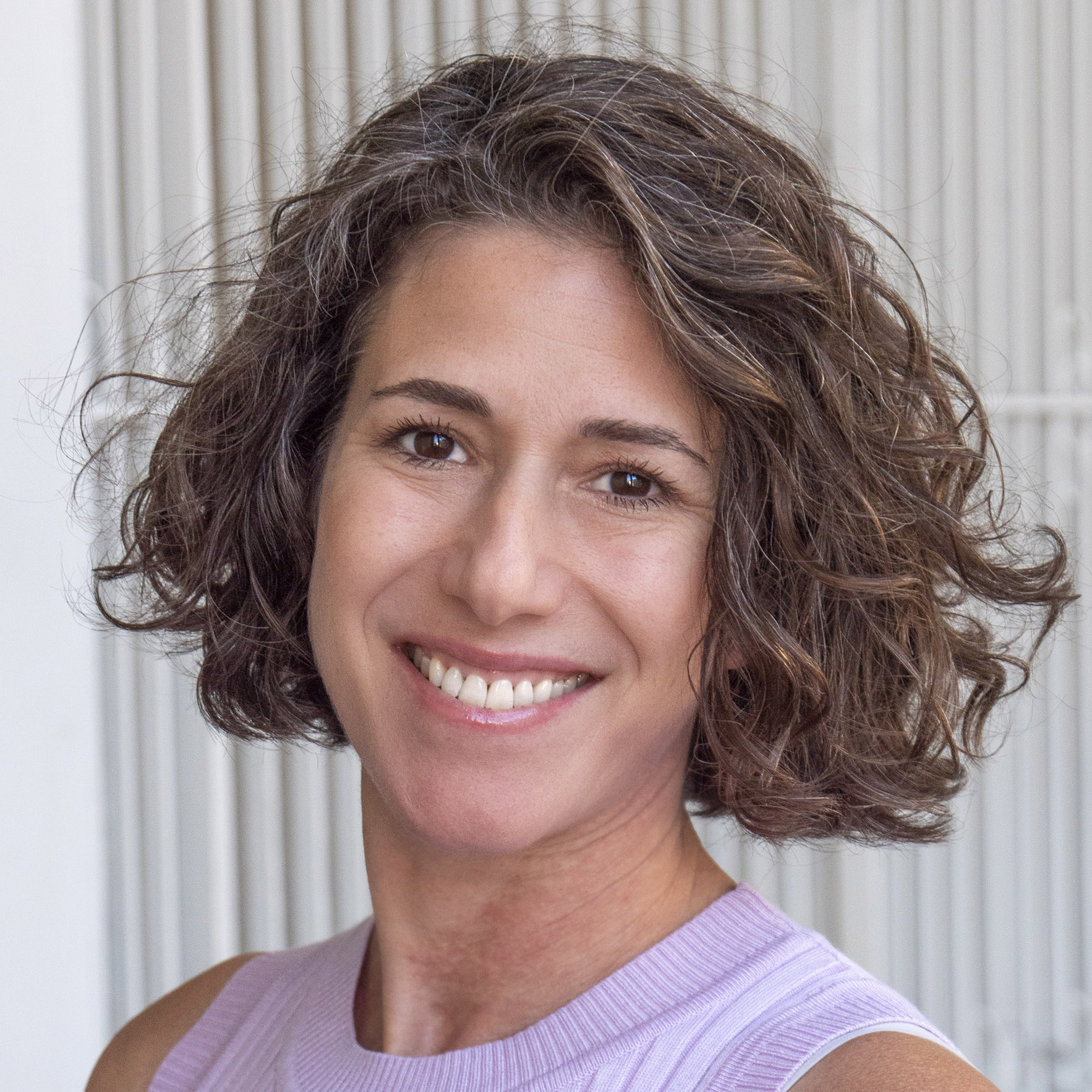Before I even read a page of “American Sirens: The Incredible Story of the Black Men who Became America’s First Paramedics,” I instantly felt pride and joy, as yet another instance of Black excellence was uncovered for me.
As I quickly made my way through the book during the flight, though, my excitement and intrigue were accompanied by growing anger.
I hold continuous anger about the depths to which Black history is ignored, obfuscated, and outright hidden in the United States. Even after all the racial justice soul-searching, solidarity statements and book clubs of recent years, in a month dedicated to honoring Black history, I’m still waiting to see who’s really serious about it.
Reading “American Sirens,” the pioneering paramedic work of these Black men in Pittsburgh inspired me. Their group included several high school dropouts, people with criminal records, and many who were referred to as “unemployables.”
I asked an alum of the college prep program I cofounded — TeenSHARP — if she’d ever learned about this history over the course of her emergency medical services career pathway program in high school. It was almost a rhetorical question. Her answer, as suspected, was “No.”
It has become a sad annual tradition at TeenSHARP to ask the hundreds of high schoolers we work with across the country to share how their schools are recognizing Black history during Black History Month. Like other months of the year, their schools typically give it weak, uninspired, and surface-level treatment. In some of their hometowns, the situation is even more dire. Legislatures in at least 36 states have passed or are pursuing policies that would restrict teaching about race and racism.
An important part of the college, career, and life preparation we provide our students is cultivating their power to create and advocate in the face of society’s many injustices. We push them to demand more and not feel like they have to wait as education leaders preach patience and proffer bureaucratic excuses.
With this mindset, several of our TeenSHARPies were on the frontlines of getting a law passed in Delaware that requires all schools to teach Black history. A few of our students also cofounded a statewide movement — the Delaware Black Student Coalition — after their schools told them creating a Black Student Union would be too divisive.
Practicing what we preach to our students, TeenSHARP recently launched a free, self-paced online course — The 2024 Black History Challenge.
In the course, we’ve pulled together a wide range of inspiring and informative content students, parents, and educators can use to deepen their knowledge of Black History. The course includes modules that highlight the contributions of Black people in science and technology; healthcare; arts and culture; politics and government, activism; sports; and more.
Students deserve to know how Black nurses helped cure tuberculosis, how Greek philosophers learned from Africans, and how government policies have robbed Black wealth and potential. We want to see thousands of students use the course as a way to learn names like Ella Baker, James Baldwin, Bayard Rustin, and Madam C.J. Walker.
But school and district administrators and classroom teachers should be lining up right alongside them to address their unfinished learning about this important American history as well.
And they should be joined by the education think tank and policymaking class who need to be as fired up about our students’ loss of connection to the history of America’s marginalized communities as they are about pandemic learning loss.
Many would be able to then learn about thinkers like Carter G Woodson — the man behind Black History Month — who once wrote:
“The same educational process which inspires and stimulates the oppressor with the thought that he is everything and has accomplished everything worthwhile, depresses and crushes at the same time the spark of genius in the Negro by making him feel that his race does not amount to much and never will measure up to the standards of other peoples.”
Black History Month is a perfect time for our schools to commit to giving all students a high dosage of the beauty, brilliance, and persistence of Black people — but it’s far from the only time. We will keep demanding much more from the education system. And in the meantime, we are going to create the learning opportunities our students truly deserve.
Before you go...
Please consider supporting Technical.ly to keep our independent journalism strong. Unlike most business-focused media outlets, we don’t have a paywall. Instead, we count on your personal and organizational support.
Join our growing Slack community
Join 5,000 tech professionals and entrepreneurs in our community Slack today!

Entrepreneurship is changing, and so is the economic development behind it

Tech Hubs’ new $210M funding leaves Baltimore and Philly off the table

Here’s what to know before using AI to craft your brand’s social media posts



